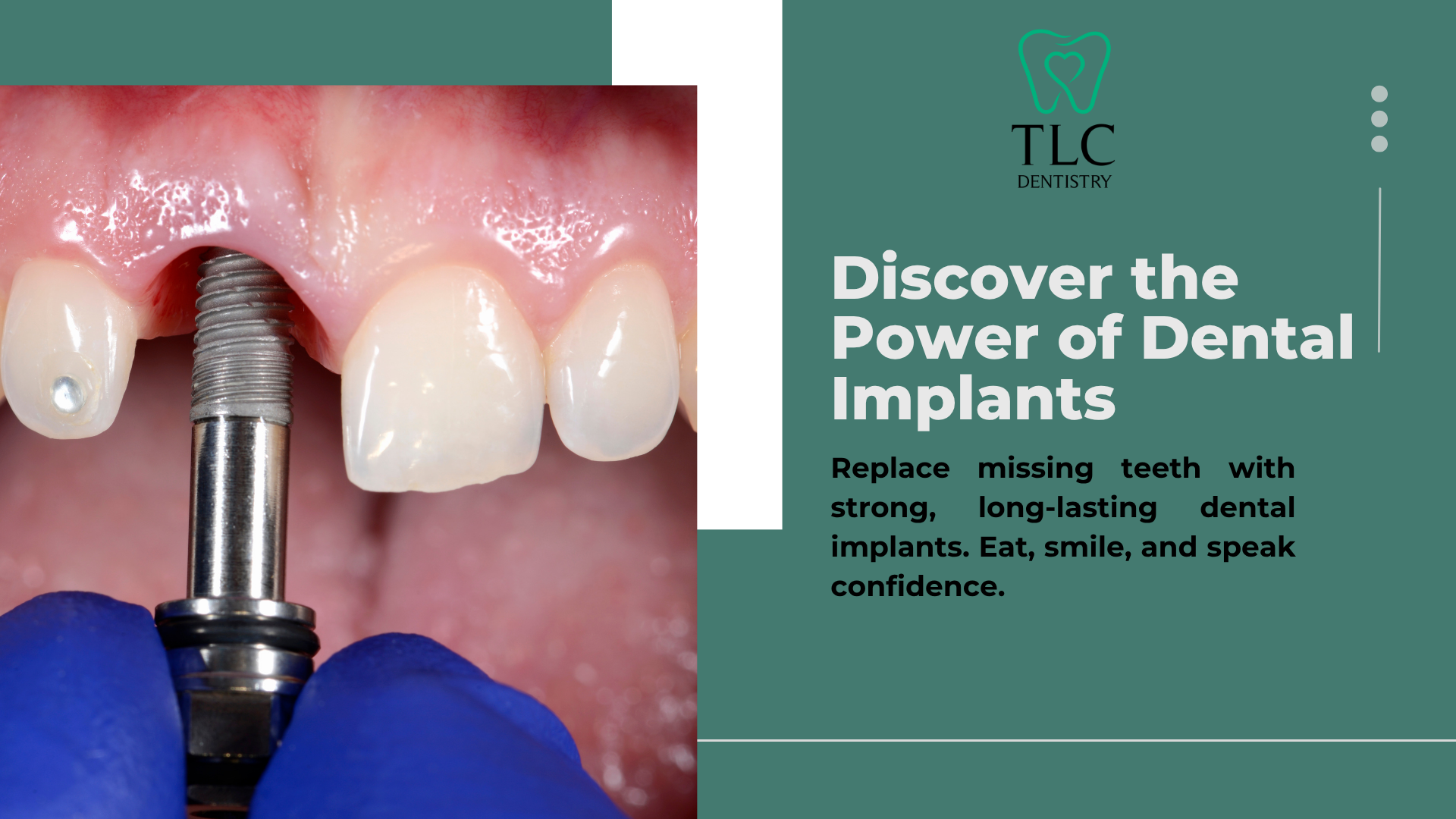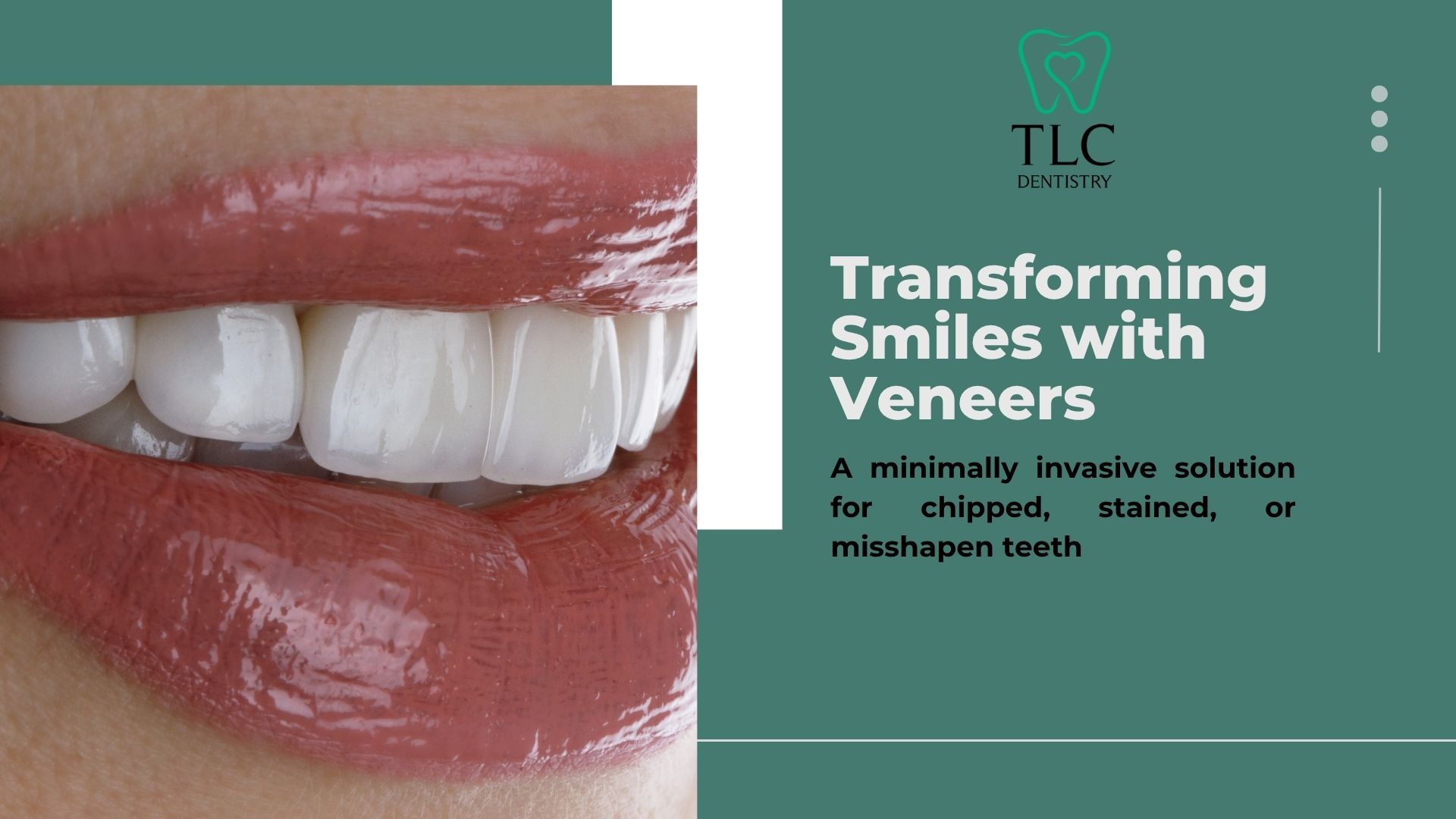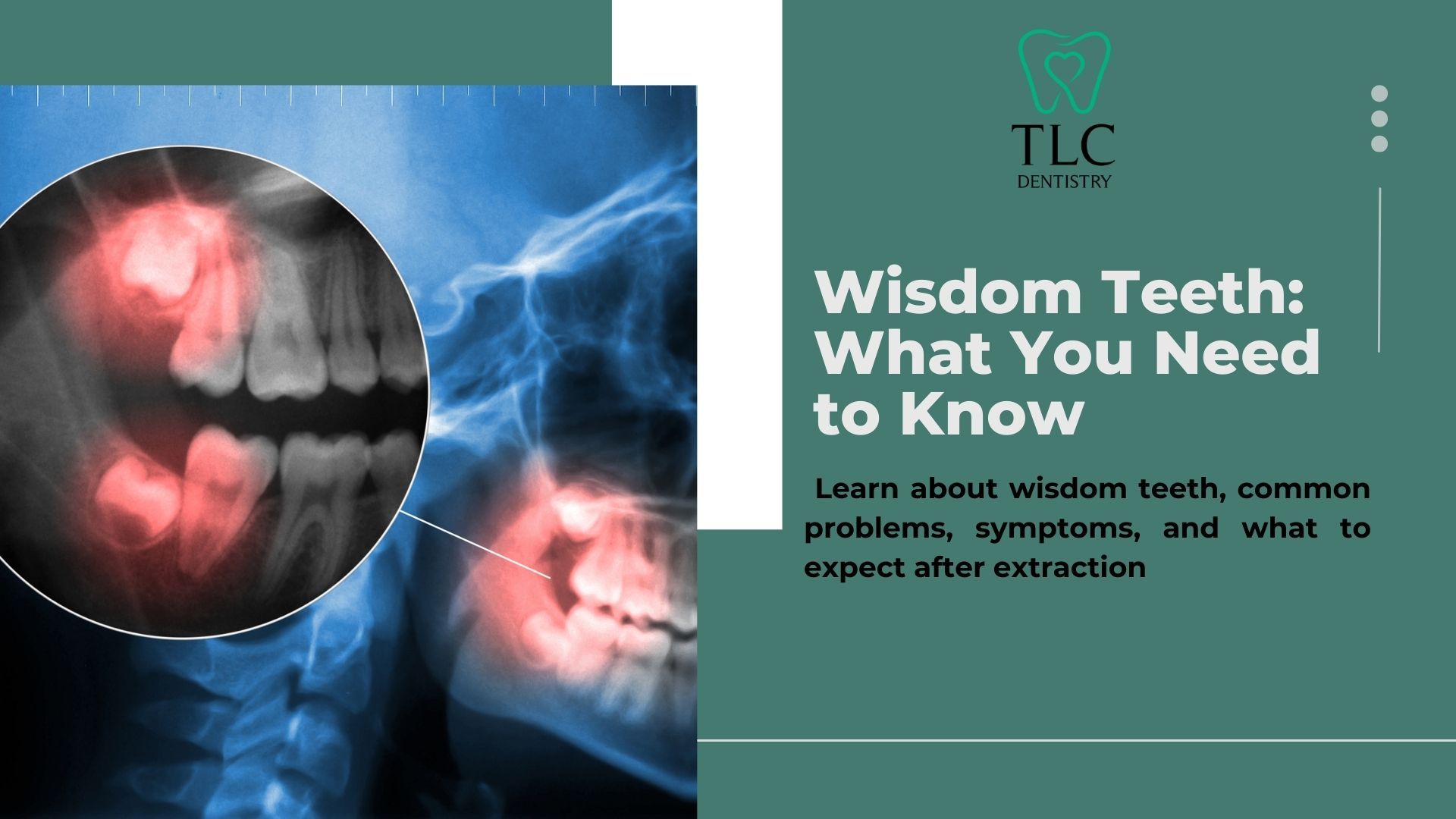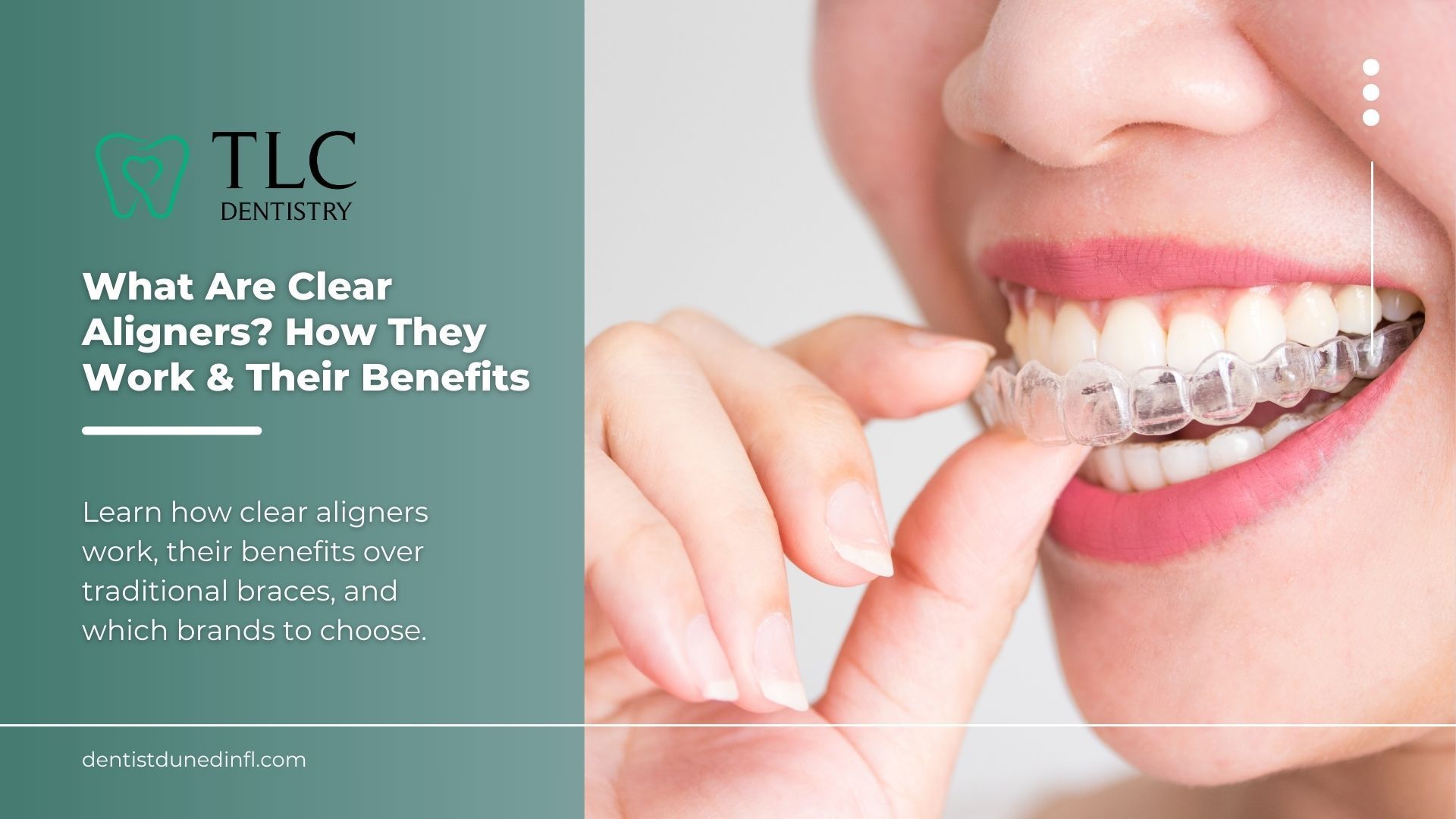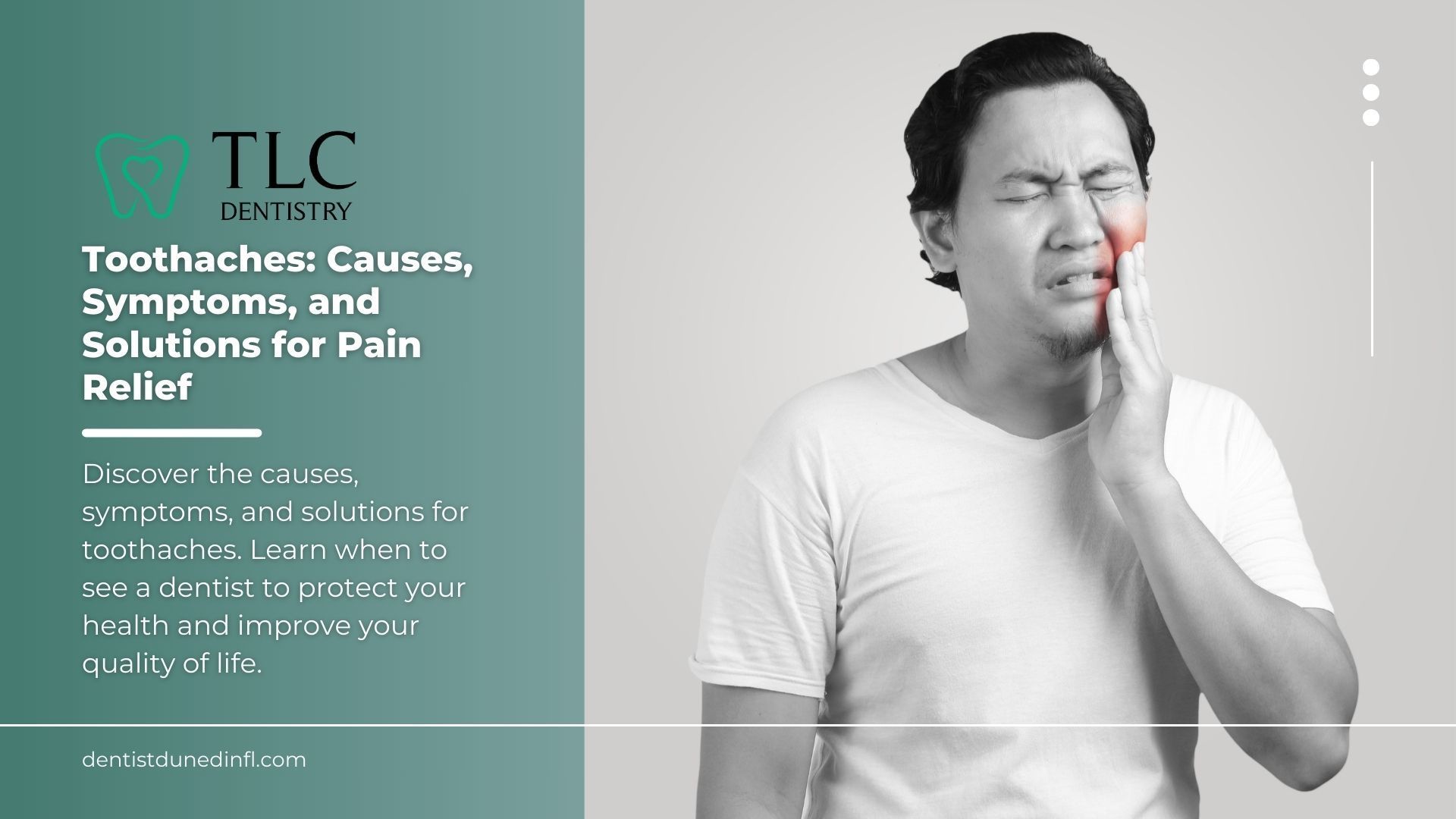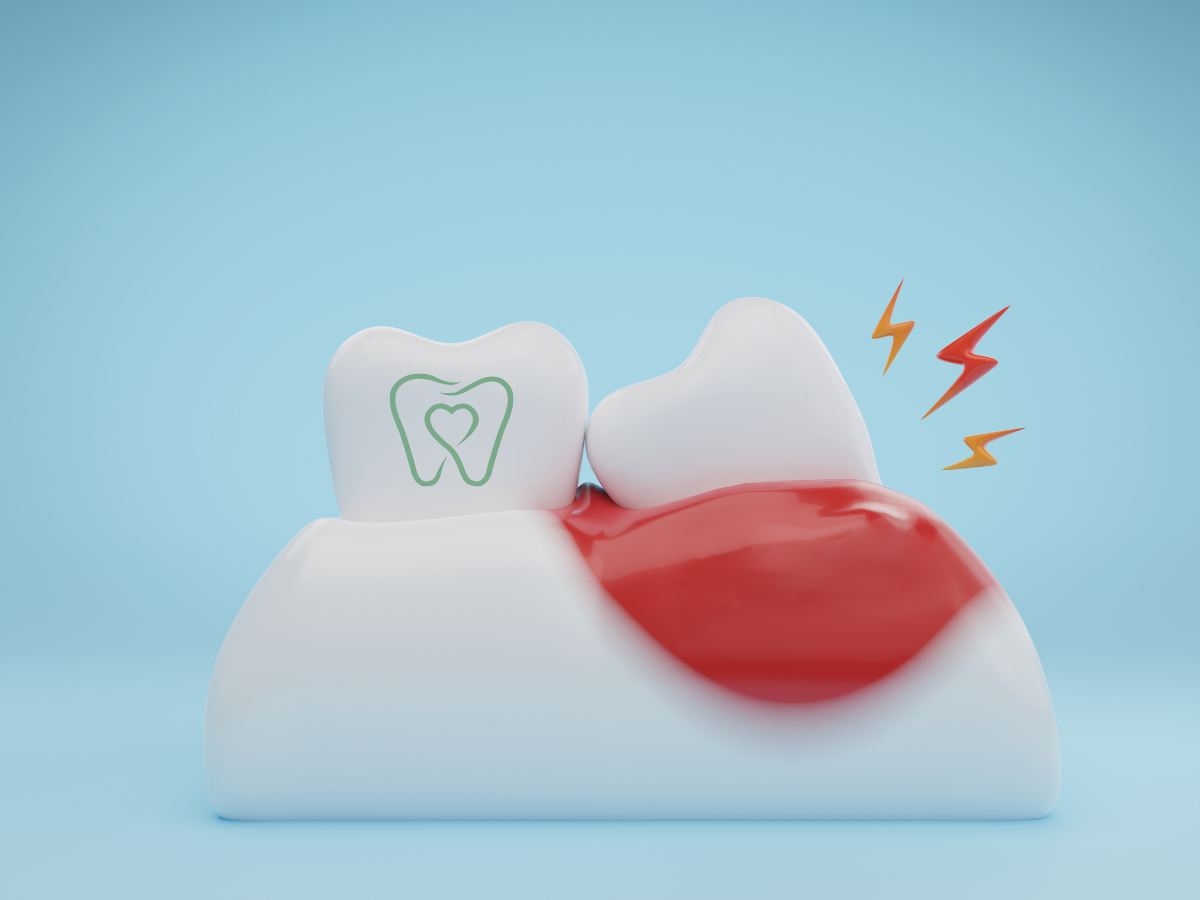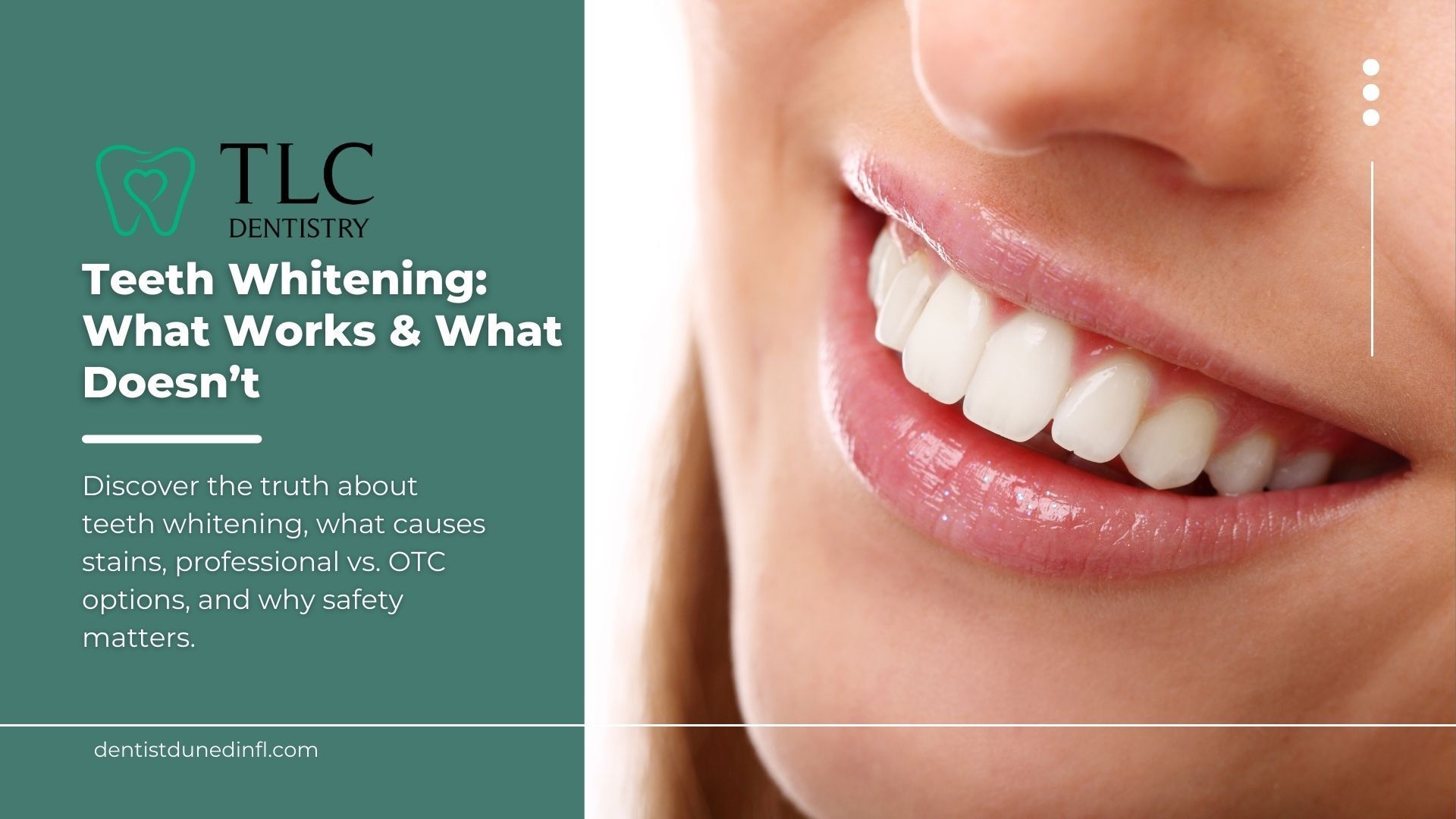When Can I Eat Normally After Wisdom Tooth Extraction?
Wisdom tooth extraction is a common dental procedure that requires careful post-operative care, especially regarding dietary choices. Understanding when and what you can eat after the extraction is crucial for a smooth recovery. This article provides a comprehensive guide on nutritional restrictions, transitioning to solid foods, and managing discomfort while eating after wisdom tooth removal.
Key Takeaways
- Immediately after wisdom tooth extraction, stick to liquids and very soft foods to avoid disrupting the healing process.
- Most people can start introducing soft, solid foods like mashed potatoes and scrambled eggs after 48 hours, but avoiding spicy and acidic foods is essential.
- Full recovery and a return to a regular diet typically take about two weeks, but this can vary based on individual healing and the complexity of the extraction.
- Consulting with your dentist for personalized advice is crucial, as they can provide specific guidelines based on your unique situation.
- Proper nutrition during recovery can aid in faster healing, so focus on nutrient-rich, easy-to-eat foods.

Immediate Dietary Restrictions After Wisdom Tooth Extraction
Liquids and Soft Foods to Start With
Immediately following a wisdom tooth extraction, it’s best to stick to liquids and very soft foods. This helps avoid any surgical site disruption and promotes faster healing. Some recommended options include:
- Broths
- Puddings
- Cottage cheese
- Smoothies
- Mashed avocados
Ensure these foods are not too hot, as extreme temperatures can cause discomfort and interfere with healing.
Foods to Avoid in the First 24 Hours
Certain foods should be strictly avoided during the first 24 hours post-surgery to prevent complications.
These include:
- Crunchy snacks (e.g., chips, popcorn, nuts)
- Hard candies
- Spicy foods
- Acidic fruits (e.g., citrus fruits, tomatoes)
- Steaming hot foods
- Carbonated drinks
- Chewy treats (e.g., sticky candies)
- Alcohol and tobacco
Importance of Following Dentist's Instructions
Following your dentist's instructions is paramount for a smooth recovery. Dentistry in Florida and other regions emphasize the importance of adhering to post-operative guidelines to minimize the risk of infection and ensure proper healing. If you're searching for "dental near me," choose a provider who offers clear and comprehensive post-surgery care instructions.
Transitioning to Solid Foods
When to Start Eating Soft Solids
After 48 hours of consuming liquids and very soft foods, you can introduce soft solids into your diet. Within about a week, you may gradually increase your intake of solid foods. However, listening to your body and stopping eating if you experience any discomfort or pain is crucial.
Examples of Soft Solid Foods
Here are some examples of soft solid foods that are generally safe to eat as you transition:
- Mashed potatoes
- Scrambled eggs
- Soft pasta
- Smoothies
- Cottage cheese
- Soft-cooked vegetables
Signs You're Ready for More Solid Foods
You can start incorporating more solid foods into your diet when:
- You no longer feel pain while chewing.
- There is no limited jaw movement.
- Your gums and extraction sites are healing well.
Always consult your dentist if you are unsure about your readiness to transition to more solid foods. They can provide personalized advice based on your specific healing progress.
How Soon Can I Eat Normally After Wisdom Teeth Removal?
Typical Recovery Timeline
The typical recovery timeline for wisdom tooth extraction varies from person to person. Most people can start eating soft foods within 24 to 48 hours after the procedure. However, eating more solid foods usually takes about a week to ten days. Full recovery, where you can eat normally without any discomfort, can take up to two weeks.
Factors That Affect Healing Time
Several factors can influence how quickly you can return to your regular diet:
- Complexity of the extraction: More complicated extractions may require a longer healing.
- Age and overall health: Younger individuals and those in good health generally heal faster.
- Post-operative care: Following your dentist's instructions for care can significantly impact your recovery time.
- Smoking and alcohol consumption: Both can delay the healing process and should be avoided.
Consulting Your Dentist for Personalized Advice
It's crucial to consult your dentist for personalized advice tailored to your specific situation. They can provide guidance based on your extraction's complexity and overall health. Always follow your dentist's recommendations to ensure a smooth and speedy recovery.
Remember, everyone's healing process is different. Patience and proper care are key to a quick recovery.
Foods to Eat and Avoid During Recovery
Recommended Foods for Healing
During recovery, consuming foods that are easy to eat and rich in nutrients is crucial. Eating on a regular schedule improves the recovery period as patients feel better, gain strength faster, and have less discomfort. Here are some recommended foods:
- Smoothies
- Broths or soups
- Jello
- Yogurt
- Applesauce
- Mashed potatoes
- Scrambled eggs
- Pudding
- Gelatin
It's important to follow all aftercare procedures as your dental surgeon advises and be very gentle following your surgery. After a few days, you can slowly introduce other foods, but listen to your body and return to soft or liquid meals if you experience pain or discomfort.
Foods to Avoid to Prevent Complications
Certain foods should be avoided during recovery, as they may disrupt your healing process. Crunchy or hard-to-chew foods such as nuts or beef jerky can reopen stitches or get stuck in the extraction site, causing pain or infection. Additionally, foods high in acidity or spice can irritate your wound and cause discomfort. Here are some foods to avoid:
- Spicy foods
- Crunchy and crumbly foods
- Foods with grains and seeds
- Hard-to-chew foods like nuts or beef jerky
Nutritional Tips for Faster Recovery
Maintaining a balanced diet rich in vitamins and minerals can significantly speed up your recovery. Focus on nutrient-dense foods that are easy to consume. Here are some tips:
- Do not skip meals: Eating regularly helps you gain strength faster and reduces discomfort.
- Stay hydrated: Drink plenty of fluids, but avoid using straws as the suction can dislodge the blood clot.
- Incorporate protein: Foods like yogurt, eggs, and flaky fish are excellent sources of protein that are easy to eat.
- Avoid extreme temperatures: Foods and drinks that are too hot or cold can cause discomfort and slow healing.
Managing Discomfort While Eating
Pain Management Tips
Managing pain effectively is crucial for a smooth recovery after wisdom tooth extraction. Over-the-counter pain relievers, such as ibuprofen or acetaminophen, can help alleviate discomfort. Always follow the dosage instructions provided by your dentist or on the medication packaging. Also, avoid very hot or cold foods, as they can exacerbate pain.
Using Ice Packs and Medications
Applying ice packs to the outside of your cheek near the extraction site can help reduce swelling and numb the area, providing temporary pain relief. Use the ice pack for 15-20 minutes, with breaks in between. Your dentist may also prescribe stronger pain medications if over-the-counter options are insufficient.
If you’re still feeling discomfort or experiencing difficulty when eating, ask your dentist for help.
Foods That Can Soothe Your Gums
Certain foods can help soothe your gums and make eating more comfortable during recovery. Consider incorporating the following into your diet:
- Lukewarm soups and broths
- Smoothies and milkshakes (avoid using a straw)
- Mashed potatoes
- Yogurt
- Applesauce
These foods are gentle on your gums and provide essential nutrients for healing.
Long-Term Dietary Considerations
When to Reintroduce Crunchy Foods
Reintroducing crunchy foods should be done cautiously and gradually. Typically, you can start incorporating these foods after a few weeks, but listening to your body and avoiding anything that causes discomfort is essential. Start with softer, crunchy foods like lightly toasted bread before moving on to harder items like nuts and chips.
Maintaining Oral Hygiene During Recovery
Maintaining oral hygiene is crucial during your recovery period. Here are some tips to ensure your mouth stays clean and healthy:
- Brush carefully around the extraction site to avoid irritation.
- Use a soft-bristled toothbrush to prevent any damage to the healing gums.
- Rinse your mouth with a saltwater solution to reduce bacteria and promote healing.
- Avoid using mouthwash with alcohol, as it can irritate.
Consistent and gentle oral hygiene practices can significantly speed up your recovery process.
Monitoring for Any Complications
It's important to watch for any signs of complications during your recovery. These may include prolonged pain, swelling, or signs of infection, such as pus or a foul odor. If you notice these symptoms, contact your dentist immediately for advice and potential treatment. Regular follow-up appointments with your dentist can also help ensure that your recovery is on track.
Frequently Asked questions
How long after wisdom teeth removal can I eat solid foods?
Most people can start eating soft, solid foods like mashed potatoes and scrambled eggs after 48 hours. However, it's essential to follow your dentist's specific recommendations.
When can I eat normally after wisdom teeth removal?
You can gradually reintroduce more solid foods into your diet over the first week. Most people can return to their regular diet within two weeks, but avoiding spicy or acidic foods that can irritate your healing gums is important.
What foods should I avoid in the first 24 hours after wisdom tooth extraction?
Avoid food that requires chewing and spicy, hot, or acidic foods. Stick to broths, smoothies, and other liquids.
Can I eat ice cream after tooth extraction?
It's generally recommended to avoid consuming ice cream or any other cold, frozen treats immediately after the procedure. Consult your dentist for personalized advice.
What are some recommended foods for healing after wisdom tooth removal?
Soft foods like purees, mashed potatoes, soft scrambled eggs, and smoothies are recommended. These foods are easy to consume and won't irritate your healing gums
How can I manage discomfort while eating after a wisdom tooth extraction?
Pain management tips include using ice packs, taking prescribed medications, and consuming soothing foods like yogurt and applesauce. Always follow your dentist's instructions for managing discomfort.
Safe, Comfortable Recovery Starts Here – Expert Dental Care at TLC Dentistry
Recovering from a wisdom tooth extraction? Get expert guidance on healing and post-surgery care. Fill out the contact form to schedule a consultation with TLC Dentistry today!
Contact Us
Phone:
Address:
2323 Curlew Rd
#2f
Dunedin, FL 34698
Hours:
Monday:
9:00AM - 2:00PM
Tuesday: 9:00AM - 6:00PM
Wednesday: 9:00AM - 6:00PM
Thursday: 9:00AM - 6:00PM
Friday: Closed
Saturday: Closed
Sunday: Closed
